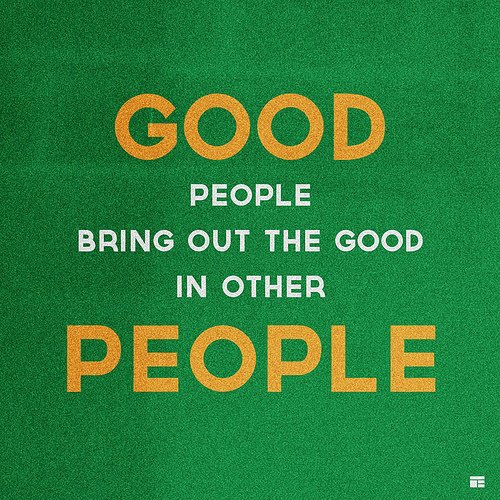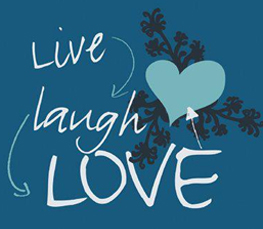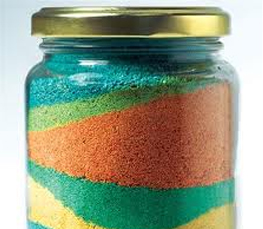Dr. John F. Demartini is one of my favourite authors and speakers and I have watched him live a few times. What he says below is of paramount importance if you are interested in cahnging your lives.
“The quality of your life is based partly upon the quality of the questions you ask yourself daily. If you are not inspired about your life or if you are not living the life you truly dream of, it just may be because you are not asking yourself the highest quality questions. The moment you do is the moment your life begins to change. Most people who struggle through life ask themselves such uninspiring questions that their lives become exactly that, uninspiring. Asking yourself low-quality questions leads to a low quality life, but asking yourself high quality questions is one of the keys to living the more self-actualized life you dream of and deserve.
Below are seven high quality questions you could begin asking yourself daily. I have been asking myself these seven questions for many years and have been able to fulfill many of my dreams through this method. Many of my friends and students have also done the same. These questions have already been demonstrated to increase the quality of many people’s lives around the world. Let’s now take a look at these seven high quality questions.
1. What would I absolutely love to do in life?
This question helps bring clearly into your conscious mind one of your heartfelt and meaningful dreams or objectives.
2. How do I become handsomely or beautifully paid to do it?
This question helps you awaken your creativity and helps you reward yourself in return. It helps make your vocation your avocation. Why not get financially rewarded for doing whatever you love?
3. What are the seven highest priority actions steps I could complete today that would enable me to do it?
This question helps you see how possible it is to accomplish this or any other meaningful dream or objective. It helps you organize your actions.
4. What obstacles might I run into and how do I solve them in advance?
This question helps you plan more effectively and prepares you for the challenges you might face in advance. It enables you to act more than react along your journey.
5. What worked and what didn’t work today?
This question helps you refine your actions and keep them on priority. All great endeavors require such feedback.
6. How do I do what I would love more effectively and efficiently?
This question helps you consistently think of more effective and efficient ways of accomplishing your meaningful dream or objective.
7. How did whatever I experienced today – whether positive or negative, serve me?
This question helps you realize that all great endeavors come with both supportive and challenging consequences both of which act as feedback mechanisms to assist you along your accomplishment journey.
Yes, there is a bit of thinking involved in asking and answering quality questions, but with a little effort and refinement you can certainly accomplish a great number of objectives and fulfill a greater number of dreams. Don’t you deserve to live your dreams? Begin asking yourself the same quality questions and see what answers they lead you to. Be as specific and concise as you can. Watch how your creativity begins to soar. The quality of your life is based partly upon the quality of the questions you ask yourself daily and the quality and quantity of actions you take for yourself daily. Begin to ask higher quality questions and begin to act on your dreams today.”
Click here (call back link) to arrange a call back to discuss FREE of charge for 15 minutes how we can help you to achieve your goals. We can support you emotionally, mentally and physically and this will provide you with health and vitality, which are a prerequest if you are to achieve your goals and enjoy the rewards.















